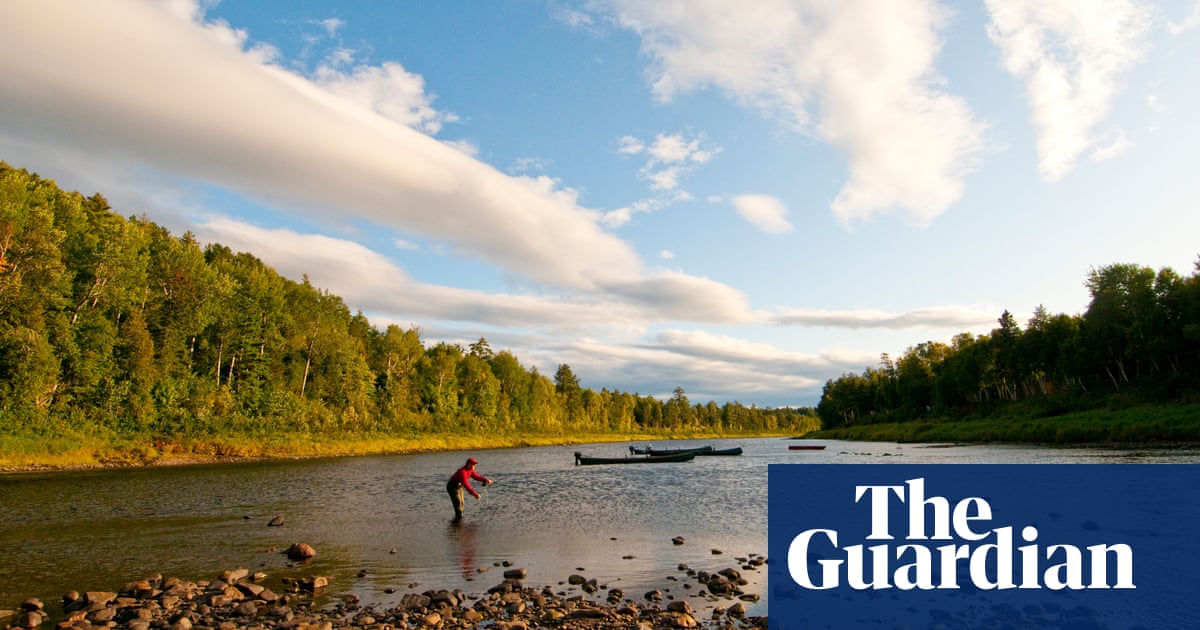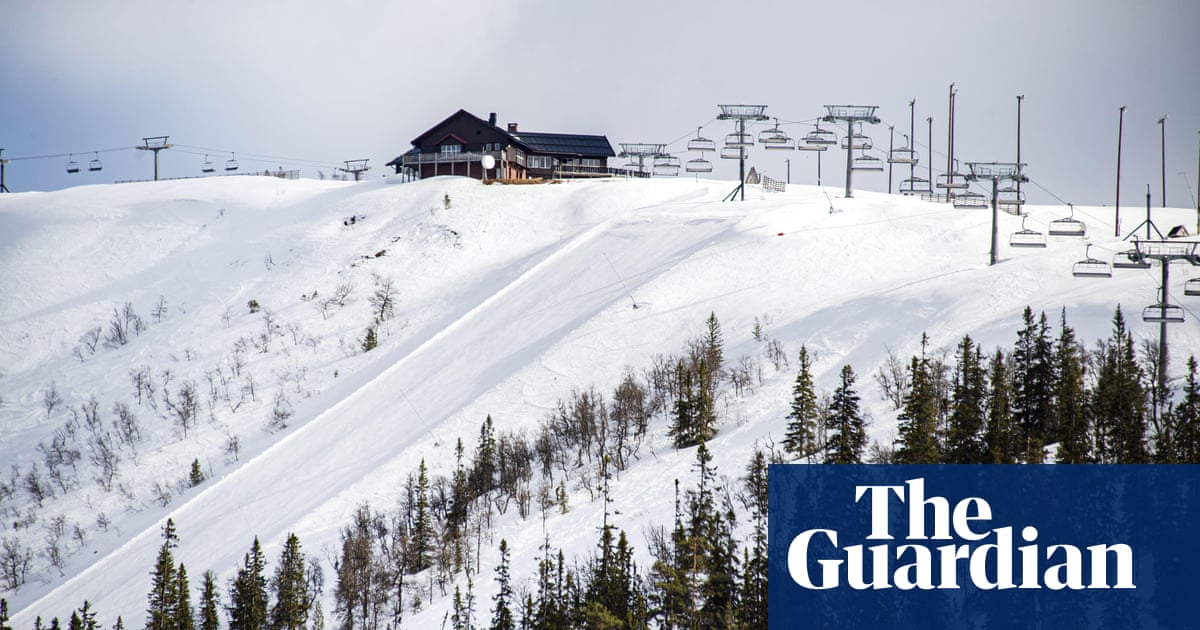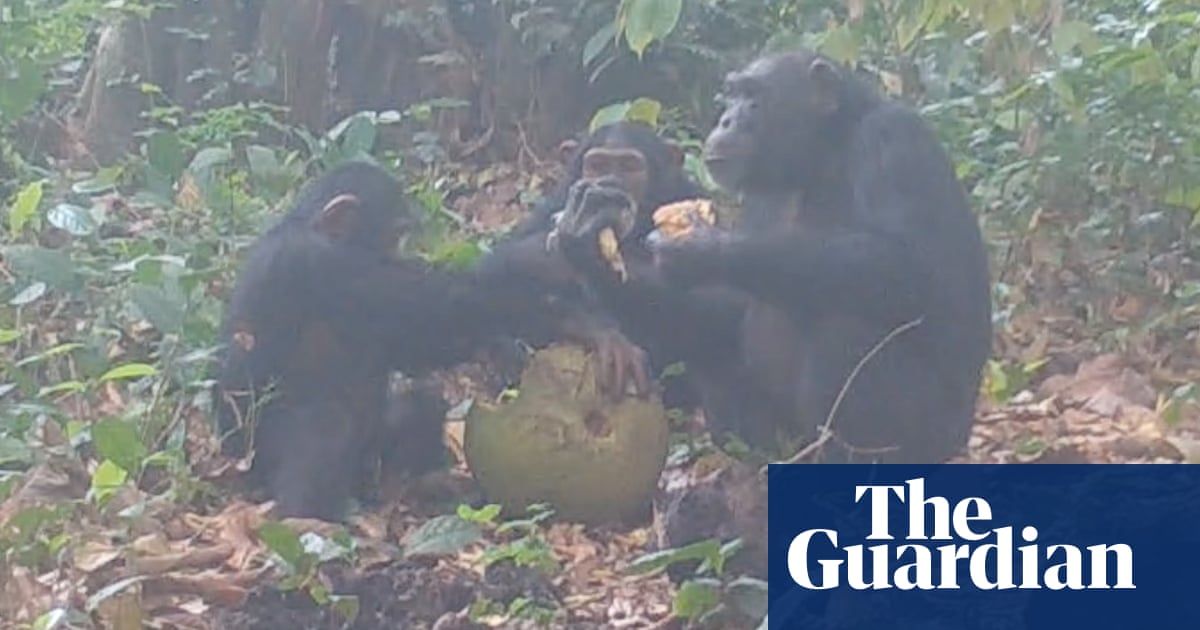United States science has propelled the country into its current position as a powerhouse of biomedical advancements, technological innovation and scientific research. The data US government agencies produce is a crown jewel – it helps us track how the climate is changing, visualize air pollution in our communities, identify challenges to our health and provide a panoply of other essential uses. Climate change, pandemics and novel risks are coming for all of us – whether we bury our heads in the sand or not – and government data is critical to our understanding of the risks these challenges bring and how to address them.
Many of thesedata remains out of sight to those who don’t use them, even though they benefit us all. Over the past few months, the Trump administration has brazenly attacked our scientific establishment through agency firings censorship and funding cuts, and it has explicitly targeted data the American taxpayers have paid for. They’re stealing from us and putting our health and wellbeing in danger – so now we must advocate for these federal resources.
That’s why we at the Public Environmental Data Partners are working to preserve critical environmental data. We are a coalition of non-profits, academic institutions, researchers and volunteers who work with federal data to support policy, research, advocacy and litigation work. We are one node in an expansive web of organizations fighting for the data American taxpayers have funded and that benefits us all. The first phase of our work has been to identify environmental justice tools and datasets at risk through conversations with environmental justice groups, current and former employees in local, state, and federal climate and environment offices, and researchers. To date, we have saved over a hundred priority datasets and have reproduced six tools.
We’re not fighting for data for data’s sake; we’re fighting for data because it helps us make sense of the world.
The utility of many of these datasets and tools comes from the fact that they are routinely updated. While our efforts ensure that we have snapshots of these critical data sources and tools, it will be a huge loss if these cease to be updated entirely. That’s why we are “life rafting” tools outside of government – standing up copies of them on publicly accessible, non-government pages – hoping that we can return them to a future administration that cares about human and environmental health and does not view science as a threat.
The second phase is to develop these tools, advocate for better data infrastructure, and increase public engagement. There’s a question of scope – if the government stops sharing National Oceanographic and Atmospheric Administration data, we don’t have the resources to start monitoring and tracking hurricanes. For many of these critical data sources, the government is the only entity with the resources to collect and publish this data – think about the thousands of weather stations set up around the world or the global air pollution monitors or the spray of satellites orbiting the earth. On the other hand, we do have the expertise to build environmental justice tools that better serve the communities that have borne the brunt of environmental injustice, by co-creating with those communities and by building from what we have saved from the government – like the Council on Environmental Quality’s CEJST, the Environmental Protection Agency’s EJScreen, and the Centers for Disease Control and Prevention’s Social Vulnerability and Environmental Justice tools.
A common refrain of the saboteurs is that if these functions that they are targeting are important enough, the states or the private sector will step in to fill the gap. While some of these functions of the federal government are replicable outside of government, privatization will render them less accessible, more expensive and subject to the whims of the markets. The states can also step in and fill some gaps – but many of the biggest challenges that we’re facing are best tackled by a strong federal government. Furthermore, many states are happily joining this anti-science crusade. The climate crisis and pandemics don’t stop politely at state borders. If data collection is left up to the states, the next pandemic will not leave a state untouched because it dismantled its public health department – but such actions will leave a gaping hole in our understanding of the risks to the residents of that state and its neighbors. What’s more, some states do not have the resources to stand up the infrastructure required to shoulder the burden of data collection. Coordination between federal and state governments is essential.
Data is being stolen from us; our ability to understand the world is being stolen from us. Americans will die because the Trump administration is abdicating its responsibility to the people – this censorship regime will have dire consequences. That’s why we must stand up for science, we must be loud about the importance of federal data and we must put the brakes on Trump’s un-American agenda.
-
Jonathan Gilmour is a data scientist at Harvard’s TH Chan School of Public Health, a fellow at the Aspen Policy Academy, and coordinator at the Public Environmental Data Partners.

 4 hours ago
3
4 hours ago
3













































